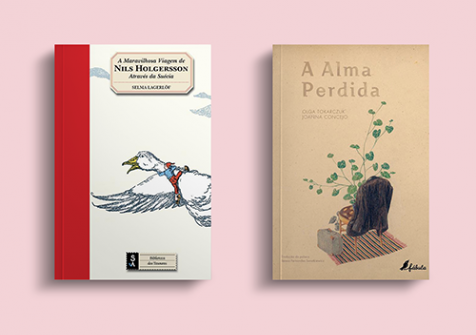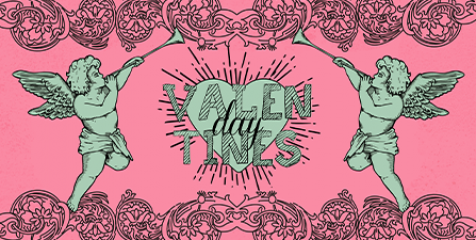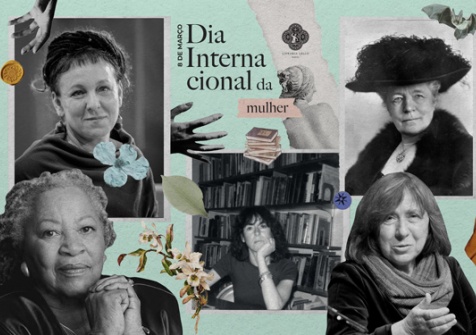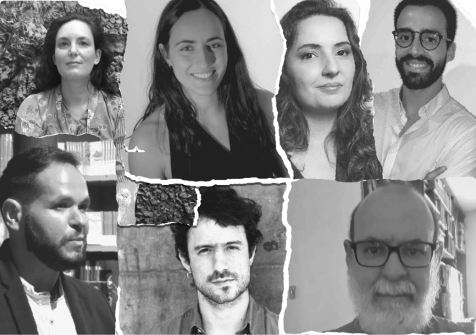The Words of April: Towards Freedom
.png)
When Portugal was repressed by the dictatorship, the word played a fundamental role in the struggle for freedom. Literature and music gave it a voice. Authors like José Mário Branco, Manuel Alegre, and Zeca Afonso knew how to use it with the tenacity and intelligence necessary to make themselves heard, as an echo of the will to change of a people, hitherto gagged. We celebrate 48 years of the April Revolution, honoring these three authors.
Zeca Afonso, poet, and singer, was the voice of the April Revolution. Grândola, Vila Morena, composed and sung by him, was chosen by the Armed Forces Movement as a password, broadcast on the radio, to start the Revolution. The revolutionary tendency of his work had already come a long way. In 1963, he recorded Os Vampiros, one of the first Portuguese intervention songs, which became a cultural and civic instrument of resistance to fascism. More albums followed and a link to politics that led to his arrest several times. In 1973, he recorded, with José Mário Branco, the album Venham mais Cinco, one of the great symbols of opposition to the dictatorship.
The musician and composer José Mário Branco was another iconic author of the so-called intervention songs, in the period leading up to April 25th, 1974. He was pursued by the political police (PIDE) and went into exile in France in 1963. During exile, he released the album Mudam-se os tempos, mudam-se as vontades (1971), with texts by authors such as Natália Correia, Alexandre O'Neill, and Sérgio Godinho, which took the form of claiming lyrics - they said everything, between the lines, with words, carefully chosen. Two years later, he recorded with Zeca Afonso, in Paris, Venham mais Cinco. He returned to Portugal in 1974.
Manuel Alegre studied in Coimbra, and there he began to participate in academic struggles and to write poems that gave voice to those struggles. Many of them were sung as Coimbra's Fado and remain in the academic repertoire to this day. Others became intervention songs, such as Trova do Vento que Passa, written in 1963 and with a music version by António Portugal and sung by Adriano Correia de Oliveira. In 1962, the author was arrested for refusing to participate in the colonial war. Between 1964 and 1974, he was in exile in Paris and Algiers. During this period, he remained active in the fight against the Estado Novo, through politics and literary creation. His poetry was and is a hymn to Freedom.




